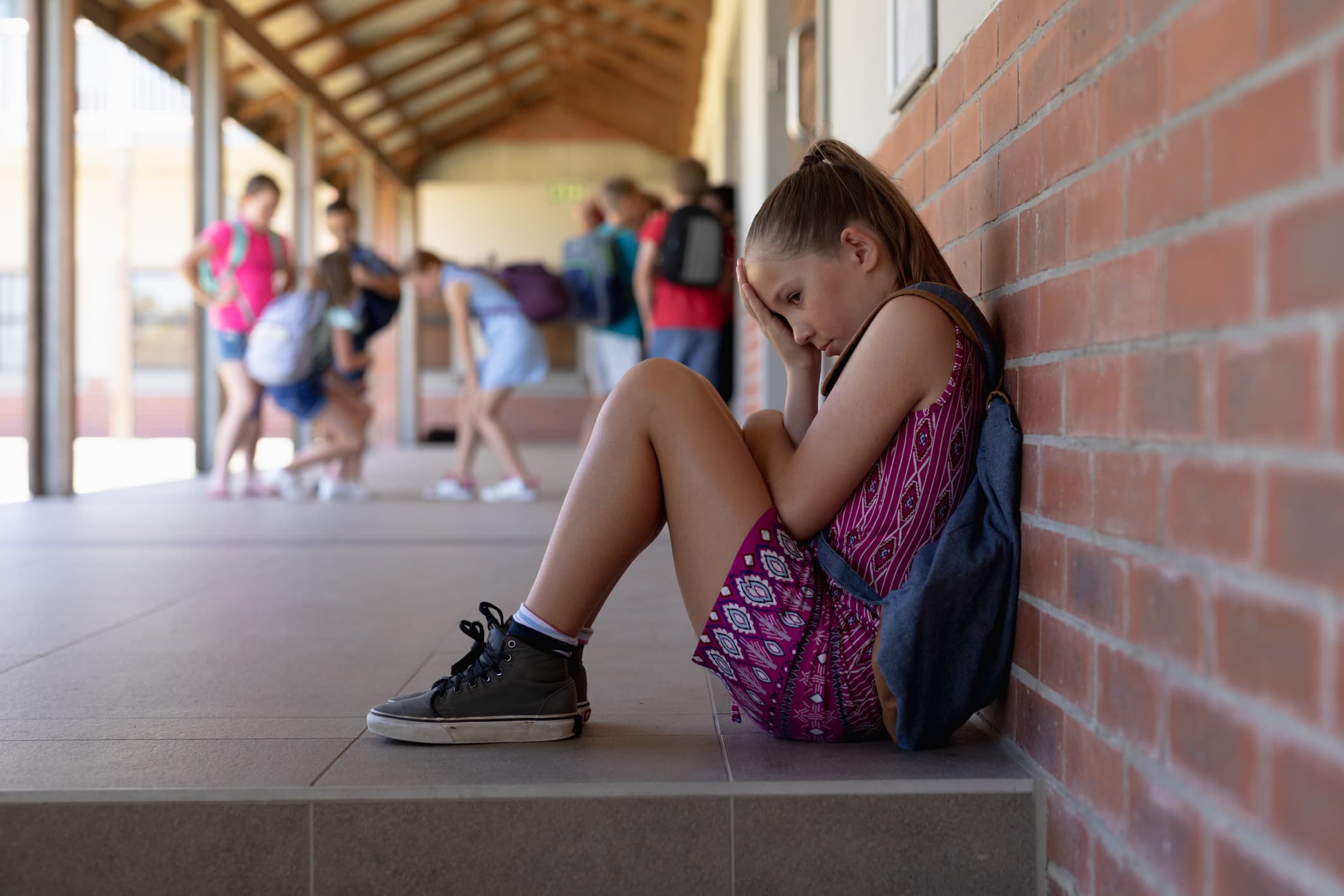Anti Bullying Week
Anti Bullying Week is one of the Awareness Days that receives a lot of attention and as a parent, it’s clearer to me than ever why.
With a little girl in her first term of reception class and fresh into the school system, i’m feeling acutely aware of how important it is to keep driving home the message of kindness and inclusion into the next generation, so that hopefully her time spent outside of the safety of the family environment will be one that nurtures, builds confidence and creates healthy social interactions between herself and her peers.
Where did it begin?
The first Anti Bullying Week took place in 2004. It has since grown year on year and is a great opportunity to open up conversations in schools and academic settings, to get children thinking, early on about the way that our behaviour impacts those around us.
In the UK the event is spearheaded by the Anti Bullying Alliance (ABA) and each year focuses on a different theme. The theme for 2022 is “Reach Out”, here’s a little bit about this year’s theme from the ABA website –
“The theme of Reach Out came about following consultation with teachers and pupils by the Anti-Bullying Alliance which coordinates Anti-Bullying Week every year in England and Wales. Teachers and children wanted a theme that empowered them to do something positive to counter the harm and hurt that bullying causes. Following the success of the campaign in 2021 – when 80% of schools marked the week, reaching over 7.5 million children and young people – Anti-Bullying Week will remind everyone whether it’s in school, at home, in the community or online, let’s reach out and show each other the support we need.”
The Anti Bullying Alliance’s call to action:
“Bullying affects millions of lives and can leave us feeling hopeless. But it doesn’t have to be this way. If we challenge it, we can change it. And it starts by reaching out.
Whether it’s in school, at home, in the community or online, let’s reach out and show each other the support we need. Reach out to someone you trust if you need to talk. Reach out to someone you know is being bullied. Reach out and consider a new approach.
And it doesn’t stop with young people. From teachers to parents and influencers to politicians, we all have a responsibility to help each other reach out. Together, let’s be the change we want to see. Reflect on our own behaviour, set positive examples and create kinder communities.
It takes courage, but it can change lives. So, this Anti-Bullying Week, let’s come together and reach out to stop bullying.”
What is Bullying?
So what is bullying? To educate children on bullying, it’s important first to identify what bullying is and how it’s different from a “disagreement” or “falling out”.
Children will experience conflict at some point. Educating children on managing this conflict in it’s early stages and if this is no longer proving effective, then being able to identify when to ask for help can be key to ensuring that children don’t battle on and try to face this alone.
“Research shows that experiencing bullying can have a significant impact on a child’s life well into adulthood. To ensure we are able to prevent bullying, act quickly when it takes place and avoid misidentifying bullying, it is vital that schools and other settings have a shared definition of bullying.” – (quote taken from the ABA website)
Getting involved in Anti Bullying Week.
Anti Bullying Week kicks off with “Odd Socks Day” on Monday the 14th November. The ABA have also created a range of resources of Primary and Secondary school packs that can be used and shared throughout the week.
Additionally there will be a “Live Lesson” taking place at 11am on Monday 14th November on BBC Teach, on the link below (taken from the ABA website) or watch on CBBC as part of the Bitesize Learning Zone.
Anti Bullying Week Short Story.
To tie in with Anti bullying Week, we have been approached by Amanda Phillips, children’s author and producer of niceisbetter stories, to include a short story that she has written and made available to us as a free resource for our readers to share.
Amanda’s inspiration.
“Nice is better stories are aimed at Primary School children and have been created to encourage children from a young age to be kind to each other. The stories teach children that being nice is not only better for others but also better for themselves as they become happier, more positive and content.
After having two daughters, they became author, Amanda’s total priority and focus. She found children’s behaviours fascinating and was concerned to discover the bullying that went on in schools and how many children were affected.
Amanda developed great empathy for both the children being bullied and the bullies themselves.
Niceisbetter stories explores children’s behaviours and explains how they can learn the benefits of treating others with respect and kindness, making a positive contribution to mental health for all involved.”
Nora’s Birthday Party was very well received in our household and opened up a lot of discussion with our little girl. We hope that it’s as popular in yours!
Click here to view the story
For more information on Anti Bullying Week click here.


